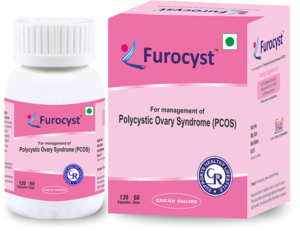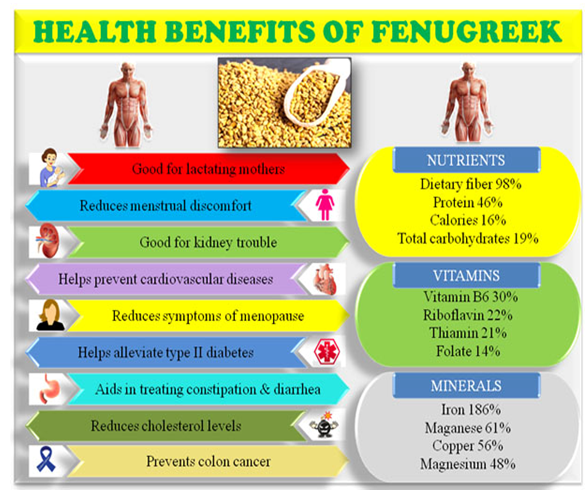Doctors usually gauge your health by checking your weight, heart rate or blood pressure as these are the standard measurements. But for women, there is another body activity which has to be considered while trying to sense what is going on in their system, and that is at the time of periods.
At some point in life, many girls have thought of and declared that their period phase is the worst. And actually, it is. The main advantage you can take out of it is to gain insight into your overall health. You should pay attention to many things such as- are you bleeding in a good way, the color of your blood, about your cycle, etc, while you are on period to identify if you have any problem or you are absolutely fine. For example- if you are bleeding and your blood is indicating orange color, it may be a sign of an infection or if it is a bad odor and painless blood, it could also be due to an STI or STD infection.
Here are the insights into what things must be taken care of during your menstrual cycle-
1) If you are seeing big jelly like blood clots-
Although it does not look and feel good, it is perfectly normal if you have blood clots on your tampoons or in the toilet during your cycle. It shows when your flow is very heavy and a substance like anticoagulants that breaks down the clots before allowing them to leave your body. They tend to be bright red or dark in color and come in irregular sizes and shapes. If you are having small clots, just like the size of the raisins, nothing is to be worried about. But large clots may be a sign of an infection or miscarriage or it may be a result of hormonal imbalance.
2) Your blood color-

If your blood is bright red, or brownish, or pinkish or watery-
If you are having a cranberry or dark red color during your menstruation, it is considered great and healthy. Oftenly bright red color is seen at the beginning of the cycles and after 2 or 3 days, the color of the blood becomes light red. Generally, it works like ‘the fresher the blood is, redder it will be’.
If you are having dark brown, or brown color while you are on period, it may be because your old blood was sitting inside the uterus for too long due to some reason.
If you are having pink color blood (pinkish tone) it means a signal of low estrogen levels in your body. Another reason for this lighter color maybe if you are an athlete or a runner as it drops down the estrogen levels in the body.
If your blood is watery or without any color, it may be a sign of any kind of nutrient deficiency or ovarian cancer (the chances of leading to this cancer is less than 2 percent), so don’t get nervous.
3) If your cycle is irregular-

It may be very normal for you having an uncertain or irregular date of the period for you. But if it is becoming too frequent that is in every month, then it is worth investigating the cause behind the delay or rush. Especially for the girls taking the stress, this could be the main culprit of disturbing the menstrual cycle. The reason is that when you are stressed out, your body produces cortisol in a larger quantity which is the stress hormone. Increased cortisol levels could block the signals and does not allow it to release the egg which upsets your cycle.
4) If your period suddenly gets very heavy and lasts for long-
The body and cycle of every woman is different. Some women have periods that last for 3 days, but some have cycles that last for 6 or maybe 7 days. Even doctors say if it is more than 7 days or in case of super heavy flow, it is alarming and proper instructions ought to be taken. Polycystic ovarian syndrome (PCOS) or thyroid are hormone driven problems which could be the cause of super heavy or longer periods.
Conclusion
Irregular periods is one of the symptoms of PCOS. Just assure yourself that you may or may not have other Symptoms of PCOS. Products like Furocyst, help you manage PCOS Symptoms. In any of the case above, a proper visit to the doctor is essential and a proper set of instructions need to be followed.














